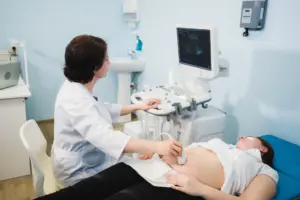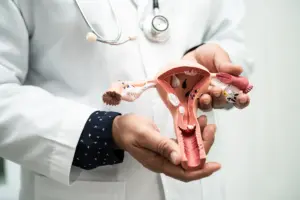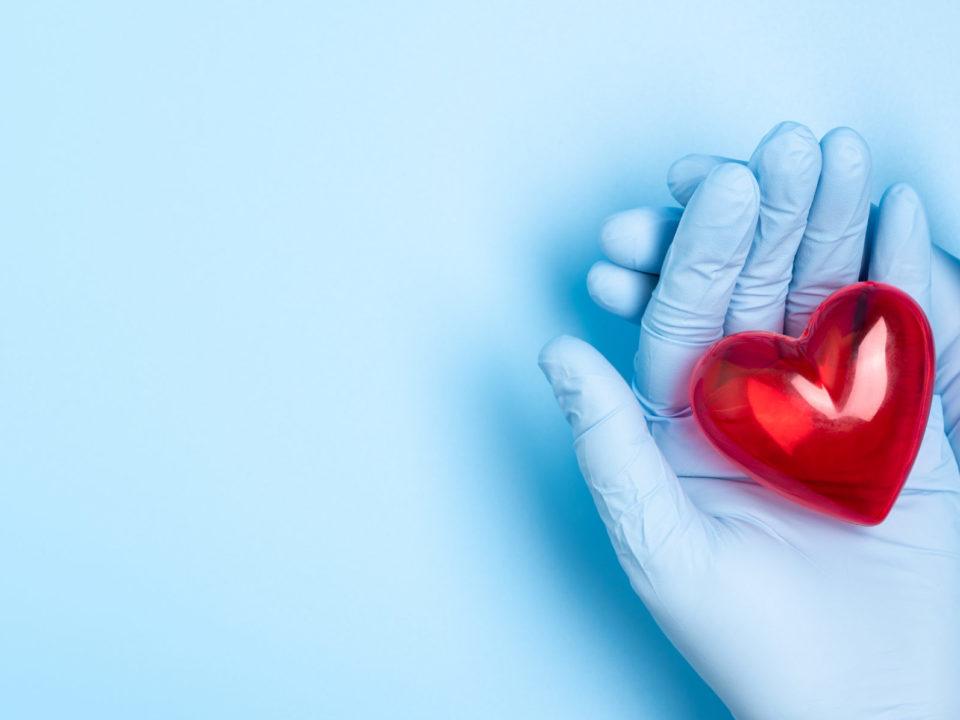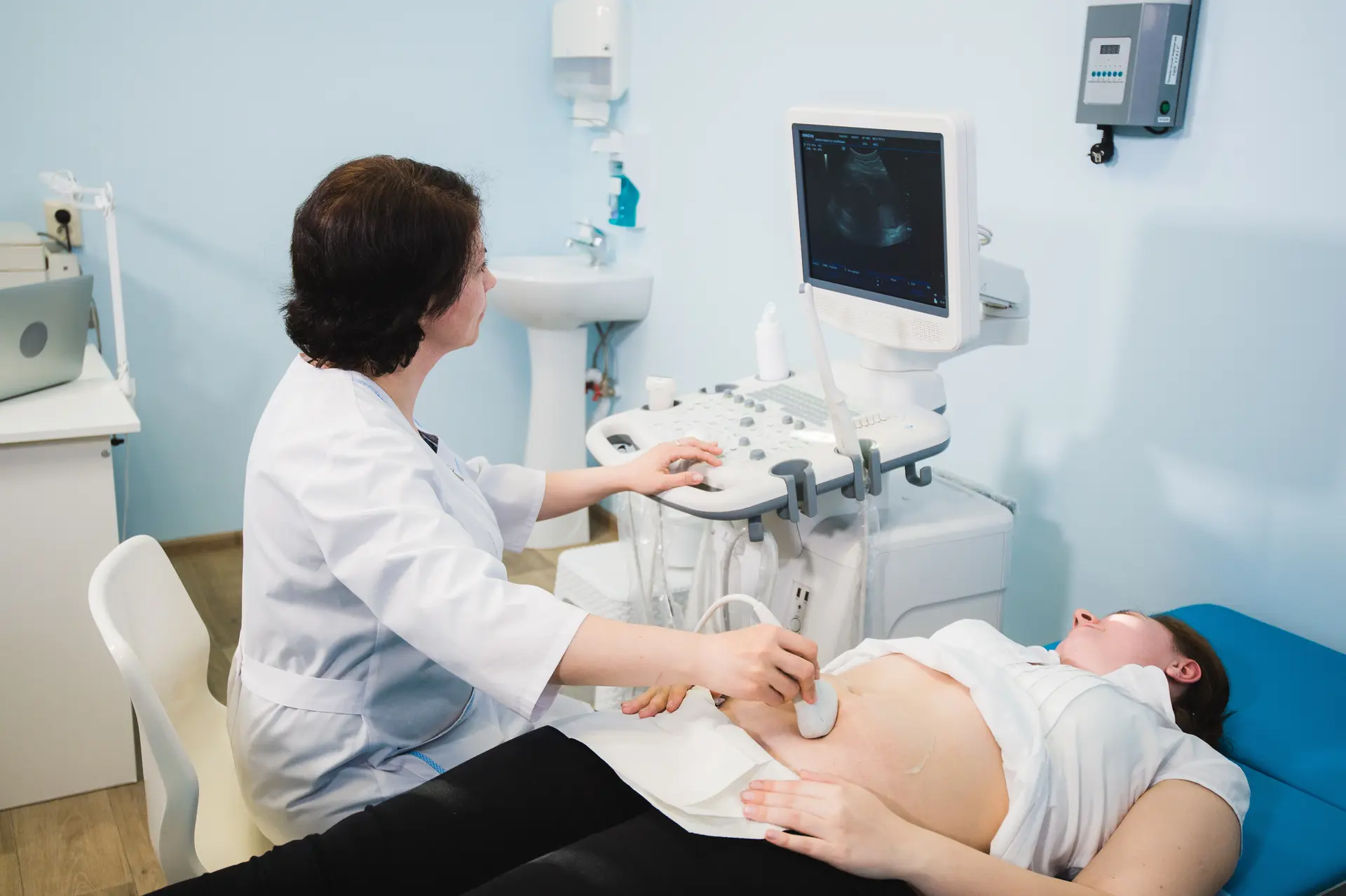Health Screenings for Women Ages 18 to 39
As women age, their health needs change, and it is important to take proactive steps to maintain and prioritise their well-being. Health screenings are essential, as they can detect potential health issues before they become more serious. In this article, we will discuss the most important health screenings if you are a woman aged 18 to 39.
Important Health Screenings for Women
Blood Pressure
High blood pressure can lead to heart disease, stroke, and other serious health concerns. It is important to have your blood pressure checked at least once a year either at your local clinic or your family doctor. If your blood pressure is elevated, your healthcare provider may recommend lifestyle changes, such as following a healthier diet and increasing daily exercise, or medication to lower it.
Cholesterol
High cholesterol levels can also contribute to heart disease and stroke. Women should have their cholesterol checked regularly and even more so if they are at risk for high cholesterol or have a family history of the condition. Additionally, if you have a family history of heart disease, your healthcare provider may recommend more frequent screenings.
Pap Smear
A pap smear is a screening test for cervical cancer. During the procedure, a small brush is used to gently remove cells from the surface of the cervix and the area around it to check for cancer or cell changes that may lead to cervical cancer. A large majority of cervical cancer is due to the human papillomavirus (HPV). Additionally, women who have a history of abnormal pap smears may need to be screened more frequently.
STI Screening
Sexually transmitted infections (STIs) can have serious health consequences if left untreated. If you are sexually active, it’s important that you get screened for STIs at least once a year. Depending on sexual activity and other risk factors, some women may need to be screened more frequently.
Breast Exam (mammogram)
Breast cancer is one of the most common types of cancer in women. While you can get a breast exam done at a general clinic or GP, there are specialised practices at which mammograms are performed or at a gynaecologist. However, you should perform self-exams every month on top of clinical breast exams at least once every three years.
Skin Exam
Skin cancer is another highly prevalent type of cancer and everyone, regardless of gender, should have a skin exam by a healthcare provider or dermatologist at least once a year. Much like breast exams, you can perform self-exams regularly to check for any changes in existing moles or other skin abnormalities. When checking on moles, look for any changes in shape, size, colour, texture, and symmetry.
Dental Exam
Oral health is an important part of overall health. Women have unique oral health concerns due to changing hormone levels during menstrual cycles, pregnancy, and menopause (later on) can raise the risk of problems in the mouth, teeth, or gums. Diabetes can also affect oral health so it’s even more important to keep up to date with your dentist consultations if you are diabetic. Dental exams and cleaning should be performed at least once a year, or more frequently if there is a history of gum disease or other oral health issues.
Eye Exam
Regular eye exams can help detect vision problems and eye diseases such as glaucoma and cataracts. You should have an eye exam at least once every two years, or more frequently if you have a family history of eye disease or other risk factors.
In addition to these screenings, it is recommended that women also have regular check-ups with their healthcare providers to discuss any health concerns or questions they may have. By taking a proactive approach to your health, you can maintain your well-being and prevent serious health problems.
For more information please contact Dr Yves Kakudji, Obstetrician and Gynaecologist at Lenmed Randfontein Private Hospital
Email: [email protected]
Tel: 087 087 0611
The Lenmed Group is a world-class group of Private Hospitals that brings quality healthcare to communities across Southern Africa.
Disclaimer: Any information contained here is merely a guideline. Always visit your healthcare practitioner for any health-related advice or diagnosis.
















